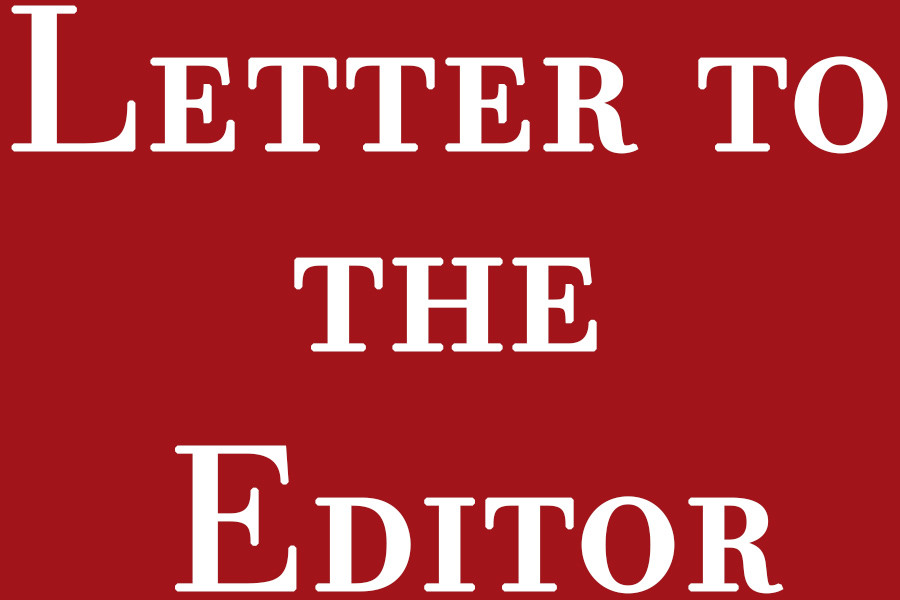Letter to the Editor: ‘NYU Should Reevaluate the LS Program’
February 27, 2017
Dear members of the WSN Editorial Board and the wider NYU Community,
We value and encourage student opinion and are always welcome to feedback regarding Liberal Studies. Evaluation is necessary in the growth and development of any program. However, it is also our responsibility to correct the inaccuracies in the op-ed.
Washington Square News, as NYU’s student newspaper, is a source of information about the university for not only current, but also incoming students. Many accepted high school seniors — including those accepted into LS and GLS — will be visiting campus over the next few months to learn more about their academic programs and to decide if NYU is right for them.
Unfortunately, many other students — international and otherwise — will have no such luxury. Instead, they will turn to the internet and eventually reach the WSN op-ed. Thus, the oversimplified presentation of the LS and GLS programs offered in the op-ed will have real-world implications for impressionable potential incoming students whose perceptions of the programs could easily be impacted by the opinions offered in the writing. Our aim in responding is to correct and clarify these inaccuracies in order to instead offer a more true and nuanced representation of the LS and GLS programs.
Firstly, NYU Liberal Studies consists of two programs; the two-year Core Program and the four-year degree-granting Global Liberal Studies program. We will be primarily discussing the Core Program — also referred to as LS — as that is the focal point of the op-ed.
The college core curriculum is a basic tenet of higher education and one that NYU makes a requirement for their students regardless of major — the number of required classes vary from school to school. In LS, students have the opportunity to complete these required classes in the first two years in seminar-style, largely discussion-based settings with an average of twenty to twenty-five students. These classes are taught entirely by professors and the close interactions that students have with professors is one of the most appreciated and rare features of the program. Depending on the school they choose to transition into for their remaining two years, LS students are required to take other math or science classes. Upon completion, LS students can directly transition to eight other NYU schools — including the College of Arts and Sciences, Steinhardt and Gallatin with the choice of 90 different majors; there is no need for an internal transfer application. LS provides a structure for undeclared students to explore major options while still fulfilling the college core so that they are not inhibited when they become upperclassmen.
The op-ed discussed that the structure of the LS program “immensely limits students.” In the first-year, there is one elective per semester, and in the sophomore year, this number increases to three per semester. Electives can be taken in all other schools based entirely on the student’s interest. Within Cultural and Social Foundations I, II and III as well as Writing I and II, LS Core classes differ in content depending on the professor’s specializations.
Liberal Studies is also the only program at NYU that allows first-years to study away whether it be in London, Florence, Paris or Washington, D.C. — an opportunity that is rare among US colleges.
The value of being well-versed in the foundations of literature and philosophy should not be disregarded, as they are vital in navigating the world in which we, as critically-thinking individuals, live in today. The importance of a liberal arts education is one that scholars are constantly recommending. Harvard Graduate, Rhodes Scholar, Pulitzer Prize winner and New York Times columnist Nicholas Kristof, emphasizes how essential a liberal arts education is. He argues that knowledge of the humanities is beneficial in making wise public policy decisions, especially in the fields of science and technology. Furthermore, there is evidence that literature and the arts lead to a happier mental state and richer emotional intelligence. American journalist and well-decorated scholar, Fareed Zakaria, has also written articles and even a book on why the focus on STEM education and the movement away from liberal arts puts America on a narrow path for the future. These are just a few articles on why a liberal arts education is an important foundation to be a well-rounded contributor to society.
Liberal Studies is a program of unique value: providing its students with a crucial foundation through texts born out of the beginnings of societies around the world, while simultaneously allowing its students to apply and supplement their critical knowledge as global citizens through extensive travels. With this global perspective and after having learned from the best professors in intimate class-settings, NYU LS students are equipped to go into any field and bring a unique perspective to any conversation. Personally, we feel lucky that NYU has provided us with the tools to become the innovative, thoughtful members our society needs so much today.
We have only briefly discussed the many aspects there are to Liberal Studies, and hope this clarifies the Core Program for many students. We encourage future and current LS students to reach out to us at [email protected], to attend one of our General Assemblies to discuss LS matters or to reach out to any of the many LS/GLS students who commented on the original op-ed with their contact info.
Finally, thank you to WSN for giving us the platform to respond.
Yours sincerely,
Liberal Studies Student Council
Opinions expressed on the editorial pages are not necessarily those of WSN, and our publication of opinions is not an endorsement of them.
A version of this article appeared in the Monday, Feb. 27 print edition. Email the LS Student Council at [email protected]. Read full version online at nyunews.com






















































































































































